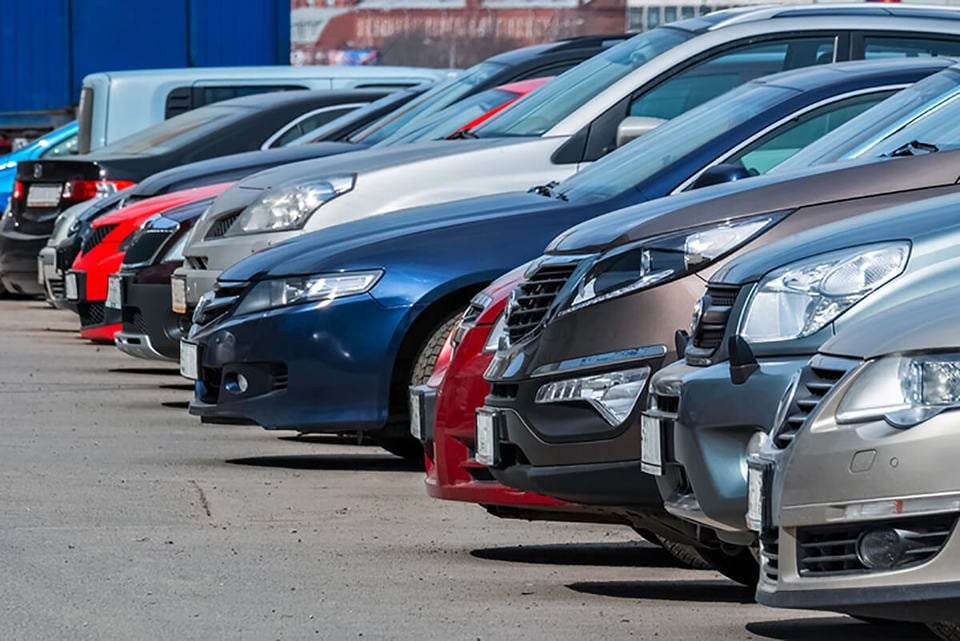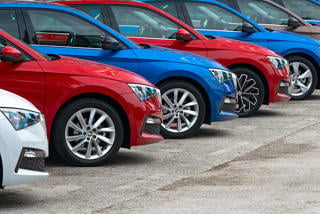The decarbonisation of the grey fleet – private vehicles used for business purposes – is one of the major challenges of the next few years, says the Association of Fleet Professionals (AFP).
The fleet trade and training body says there is a growing gap between the rapid electrification of company car schemes and employee’s own vehicles
Paul Hollick, chair at the AFP, said: “By the end of this year, and certainly looking into 2023, it’s likely that many major fleets will have something like a 30-50% rate of EV (electric vehicle) penetration. They are well on the way to becoming zero emissions fleets.
“However, the rate of change for grey fleet is much, much slower. Among private motorists using their car for work purposes, those opting for PHEVS (plug-in hybrids) and EVs are still very much the outliers and that situation may well persist for a while.”
The AFP says that there are a range of measures actions that fleets could take and make part of their fleet policies in order to attempt to accelerate change in the make-up of their grey fleet vehicles.
“Probably the most obvious solution is a EV-based salary sacrifice scheme,” said Hollick. “These are currently very attractive while electric car taxation remains low and represent an attractive potential benefit to many employees.”
In addition, the AFP says it is essential to ensure that infrastructure and reimbursement to support grey fleet EVs is being properly managed.
“That might mean helping grey fleet drivers who are keen on PHEV or EV adoption to install charging at home or, if they don’t have a driveway, to access charging elsewhere,” added Hollick.
“It also means ensuring that reimbursement for charging is being carried out correctly, something that current AER rates don’t always cover.”
HMRC announced it was increasing the advisory electricity rate (AER) for electric vehicles (EVs) by 25%, from 4ppm to 5ppm in November, after it had remained unchanged since its introduction in 2018.
Hollick continued: “For organisations who are determined to work towards low-carbon and net zero futures, this is a genuine issue and, we believe, one of the major challenges for fleets over the next few years.”
Ultimately, the AFP says that fleets might need to take greater control over grey fleet vehicles that are being used for company business in order to achieve their environmental aims.
Hollick concluded: “It may be that, over time, you have to set standards so that only vehicles that meet ever more stringent emissions targets are used as part of your grey fleet operations.
“However, it is difficult to know what will happen to petrol and diesel vehicle prices and residual values as we head towards 2030, and the financial impact on employees will very much need to become part of your calculations over time. They may not be able to afford to make the transition.
“It may well be it is inevitable, towards the end of the decade, that fleets have to use more rental and pool cars as a substitute for grey fleet in order to ensure that only low and zero emissions vehicles are used on company business.”
























Login to comment
Comments
No comments have been made yet.